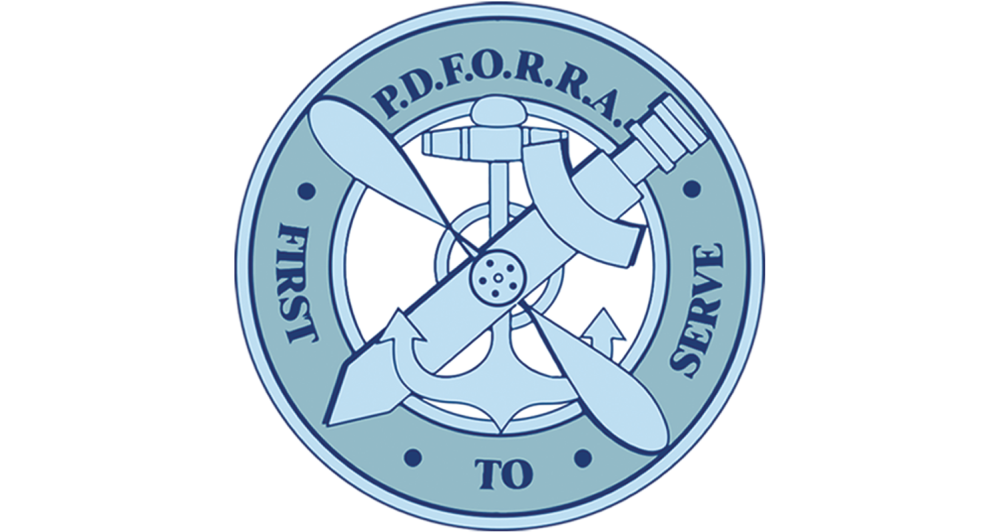
The exodus of highly-skilled personnel leaving the military for better pay in the private sector is one of the big-ticket items at the PDForra conference in Killarney. Picture: Eamonn Farrell/RollingNews
The Government is to be pushed to establish a special review body “as a matter of urgency” to halt the exodus of highly-skilled technicians leaving the military for better pay in the private sector.
The matter is one of the “big-ticket issues” for delegates attending the annual defence force representative body PDForra conference, which gets under way in Killarney today, Tuesday.
In addition, a motion at the association’s conference will call for the abolition of some of its near 6,000 enlisted members to have to serve commissioned officers during mealtimes “so as to reflect a modern Defence Forces”.
While successive governments have addressed the personnel crisis within the military in recent years with increased pay and allowances and better on-base accommodation, PDForra delegates will state more must be done to attract young people into the armed forces.
It costs significant funding once they are there to train them in specialities but these skills, for which the taxpayer pays, are being ‘headhunted’ by the private sector in increasing numbers, with offers of better conditions of employment.

PDForra president Mark Keane. Picture: Chani Anderson
The delegates will contest that the three arms of the military — army, naval service, and air corps — can not function properly without such critical personnel and want this addressed along with several motions directed at improving allowances for other skilled cohorts.
About 125 delegates will discuss a wide range of motions — totalling more than 70 — over their three-day conference at the Gleneagle Hotel.
The conference will be addressed by Tánaiste and minister for foreign affairs and defence Simon Harris on Tuesday and, for the first time, by the designate Defence Forces Chief of Staff, Brigadier General Rossa Mulcahy, on Wednesday.
Brig Gen Mulcahy will officially take over the top job next month from Lieutenant General Sean Clancy, who is to be elevated to the rank of full general when he takes up an appointment as the chairman of the European Union Military Committee.
PDForra president Mark Keane said the conference will hear an unprecedented number of motions this year.
“Motions vary from the payment of long-service increments, which would, we believe, assist in the much-needed retention of personnel, to the creation of the new rank of lance corporal, which was a recommendation of the Commission on the Defence Forces,” Mr Keane added.
He said many of the motions are pay related, as the association is attempting to equitably distribute the pool of funds available to it under the local bargaining provisions of the most recent public sector pay agreement.
“Our delegates have consulted widely with our membership over the past year to in order to ensure that personnel are remunerated properly for the hard work that they do,” Mr Keane added.
Meanwhile, a number of military veterans have just embarked on a seven-day walk retracing the 170km ‘Famine Trail’ from the Strokestown Famine Museum, Co Roscommon to the National Famine Memorial on Dublin’s Custom House Quay.
They will arrive in Dublin on May 18 to coincide with National Famine Commemoration Day.
They are undertaking the walk to raise vital funds for the veterans’ charity ONE.
The famine trail dates back to 1847 when 227 families were evicted from their homes on Strokestown Estate in County Roscommon. As a result, 1,490 men, women, and children were forced to undertake a gruelling 170km walk to Dublin in order to start a new life overseas.
It was there that they sailed to Liverpool before being forced to board coffin ships bound for Canada. Over two-thirds died on the journey.
• For more information, visit the Famine Walk page on the the Organisation of National Ex-Service Personnel website.

